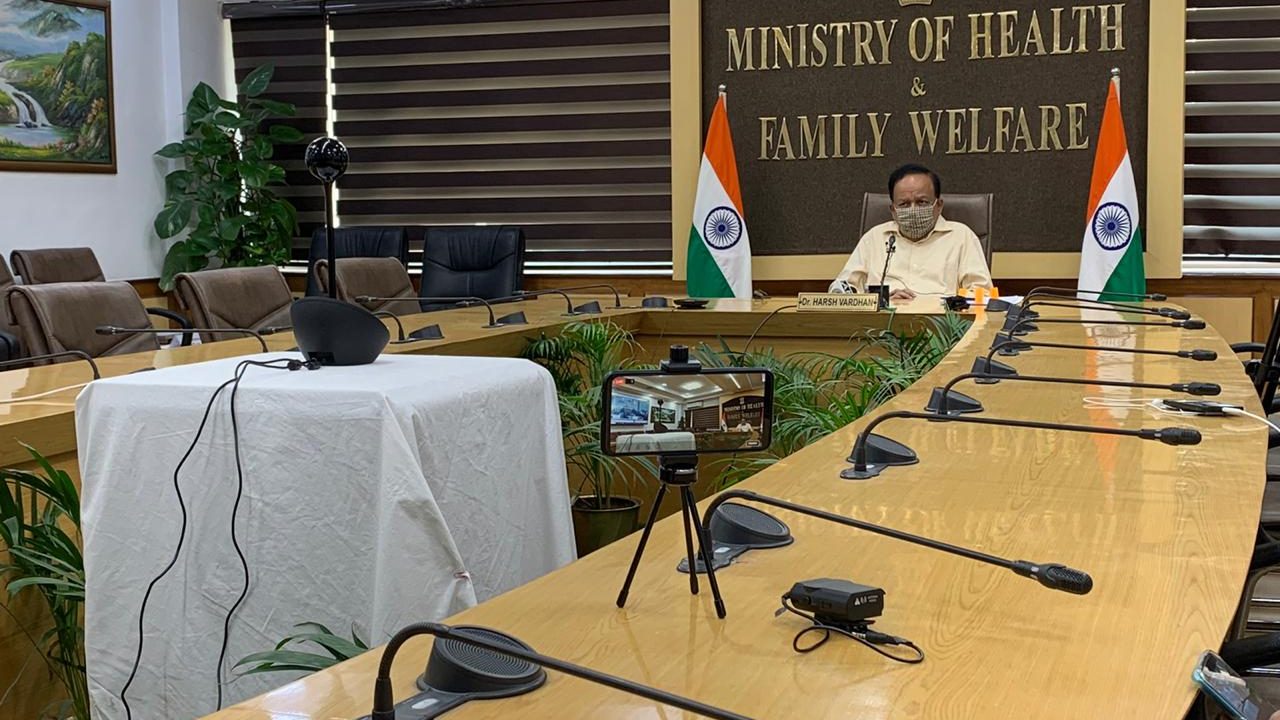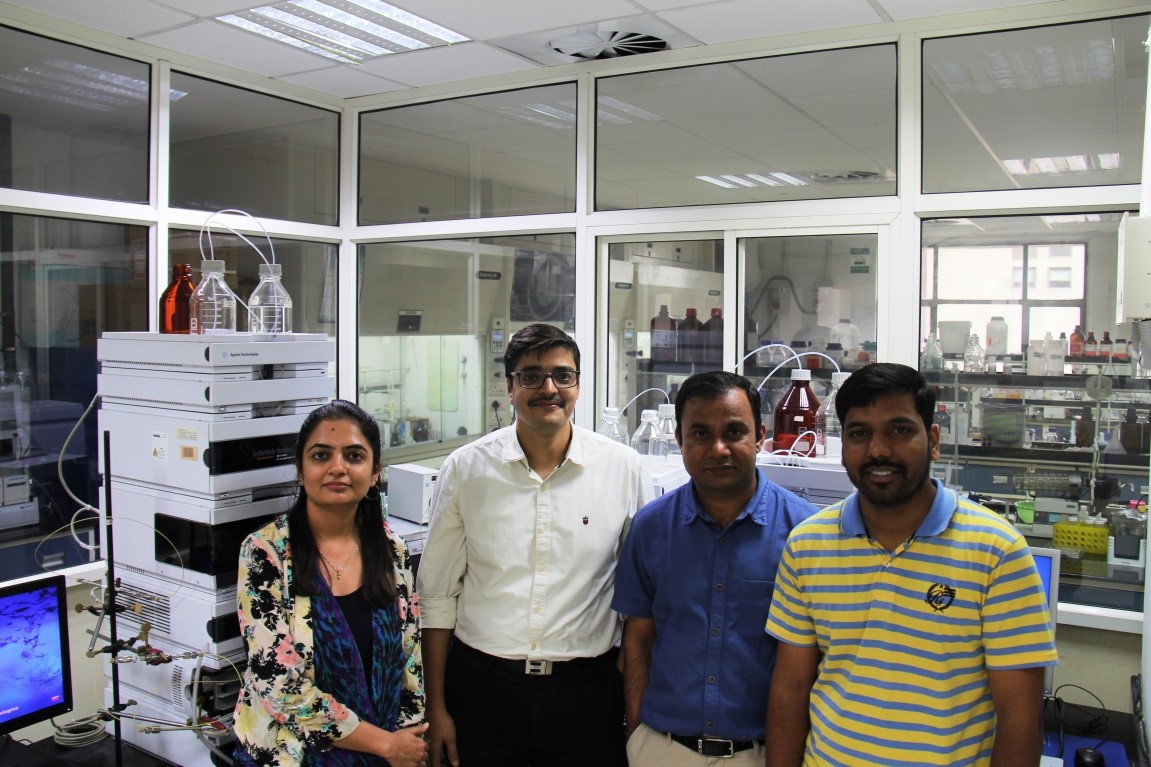
CSIR Technologies For Rural Development Launched
- News
- 1.2K
In a joint initiative of the Council of Scientific & Industrial Research, Unnata Bharata Abhiyana, Indian Institute of Technology Delhi, and Vijnana Bharti, a set of CSIR technologies have been launched for rural development. These technologies developed by CSIR has been launched during an online event organized on the occasion of CSIR-NISTADS 40th Foundation Day.
The program was inaugurated by Dr. Harsh Vardhan (Hon’ble Minister of Science and Technology) and witnessed by other renowned dignitaries. Dr. Harsh Vardhan talked about the crucial and catalytic role of Science & Technology interventions in bringing equity and equality in the process of development. He said that professional know-how evolving innovative R&D is equally important as mobilizing financial resources in today’s rapidly growing ‘knowledge economy’.
“Corporates, Research agencies, organizations working with the medium, small, and cottage level entrepreneurs, NGOs, and socially cognizant citizens need to partner on a common platform to address various problems affecting the lives of millions, especially when COVID-19 has hit hard the economically weaker sections”, said Dr. Harsh Vardhan. There is a need to educate, train and empower the community to give them an opportunity, choice to become ‘Aatma-nirbhar’ in true sense”, he added.
A tripartite MoU to this effect was signed by the three parties on 28th July 2020 at CSIR to work jointly for post-COVID fast track action plans to create livelihood opportunities in rural areas, particularly for the people who have returned to their native villages in the lockdown period.
Over the years CSIR has developed several appropriate technologies that could be deployed in rural areas for development and livelihood generation and achieving sustainable development goals. These technologies will now be disseminated to society through the Higher Education Institutional network of UBA and local chapters of VIBHA. CSIR-National Institute of Science, Technology and Development Studies (CSIR-NISTADS) is acting as a nodal CSIR Lab to establish linkages between CSIR laboratories, UBA, VIBHA, and stakeholders.
CSIR, UBA, VIBHA have planned to work jointly on a framework for scientific intervention to create sustainable livelihood opportunities in the rural clusters under the synergy of S&T organizations such as CSIR, DST, DBT, DRDO, etc. It began with strengthening the network, where R&D organizations and institutions to take the role of nodal agencies who provide solutions to the felt needs of the communities in the country.
UBA nodal centers-RCIs are the solution facilitators and are the link that builds capacities and connect to the solution seekers such as rural community and farmers. Solution disseminators will be the development agencies, Institutes, NGOs, and Panchayati Raj Institutions, etc.
“Unnat Bharat Abhiyan” is a flagship program of the Ministry of Education conceptualized and launched in IIT Delhi, with a vision of transformational change in rural development processes by leveraging knowledge institutions to help build the architecture of an Inclusive India. To date, a total of 13,760 villages have been adopted under Unnat Bharat Abhiyan.
Dr. Shekhar C Mande (DG-CSIR, Secretary, DSIR), Padma Bhushan Sh. Vijay P. Bhatkar (Chairman-National Steering Committee, UBA), Prof. Ram Gopal Rao (Director, IIT Delhi), Prof. Virendra K. Vijay (National Coordinator, UBA), and Dr. Ranjana Aggarwal (Director, CSIR-NISTADS) were also present during the event.
Various stakeholders including science experts, field experts, regional coordinating institutes, and participating institutes of UBA, NGOs, UBA volunteers, villagers, and farmers of the adopted villages also participated in this program. (ISW)
If you liked this article, then please subscribe to our YouTube Channel for the latest Science & Tech news. You can also find us on Twitter & Facebook


